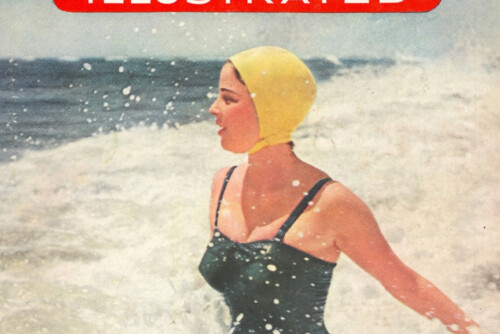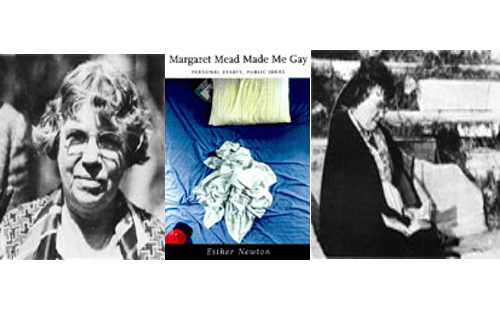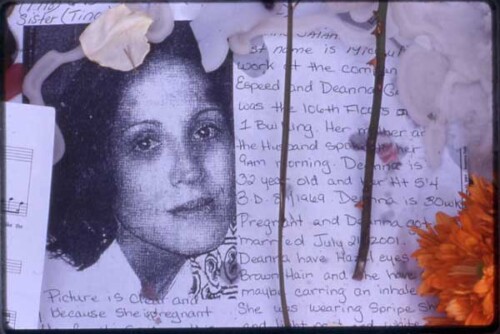Recently we asked BWSF former mentors to comment on their experiences in the mentoring program, and their voices reconfirm the value of mentoring. Here are just a few remarks by some remarkable young black women in sports. “The biggest influence that BWSF has had on me was being in the presence of Outstanding, Influential, and Professional and yes, I’m going to say it, Beautiful Black women, who are in the athletic world.” 1 “The Black Women in Sport Foundation influenced my life tremendously . . . I would have never learned to play golf, fencing, tennis, lacrosse or field hockey, nor would I have been exposed to the phenomenal female coaches and players in the world.” 2 “It was through my affiliation with BWSF as an intern that I had the opportunity to meet with NIKE representatives and be offered the opportunity to work with one of their athletes.” 3
Is feminism about expanding opportunities for all women, including black women? Emma Benn, 4 a young scholar and mentee states: “When the definition is expanded, does it really have to be considered feminism anymore? I know that Alice Walker has defined her expansion as ‘womanism,’ suggesting that a whole new movement was necessary.” 5) Sports have been a powerful social and economic change agent for me. Sport can also be the vehicle that can empower other black women by providing educational opportunities, by fostering healthy lifestyles, and by providing situations that reinforce the value of diversity. We need more female role models in sport who are willing to mentor if we hope to increase the quantity and quality of the next generation of black women in sport.
To learn more visit our website at www.blackwomeninsport.org.
- Pixie Roane, head coach and owner of the W-S Panthers Fencing Club.[↑]
- Margaret Ellis, Director of Men’s Basketball Operations, Fordham College.[↑]
- Angelia Nelson, Executive Director of the Dawn Staley Foundation.[↑]
- Emma Benn was an undergraduate varsity athlete at Swarthmore College and is currently at Columbia University’s Mailman School of Public Health.[↑]
- Alice Walker, In Search of Our Mothers’ Gardens: Womanist Prose. (Orlando, FL: Harcourt, 1983.[↑]



